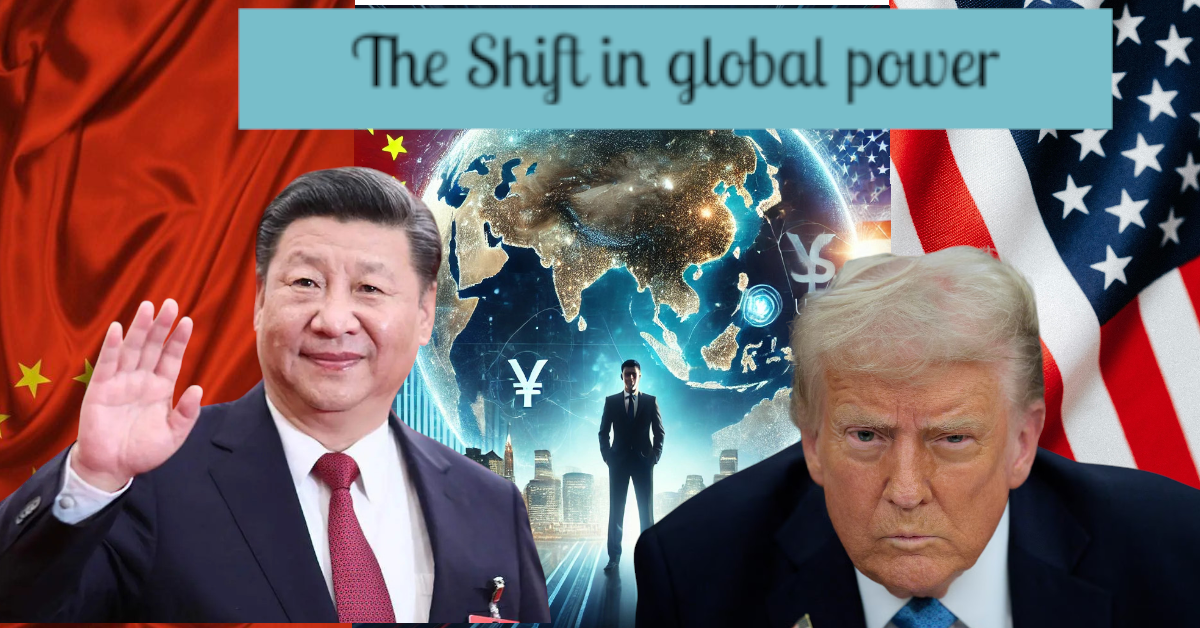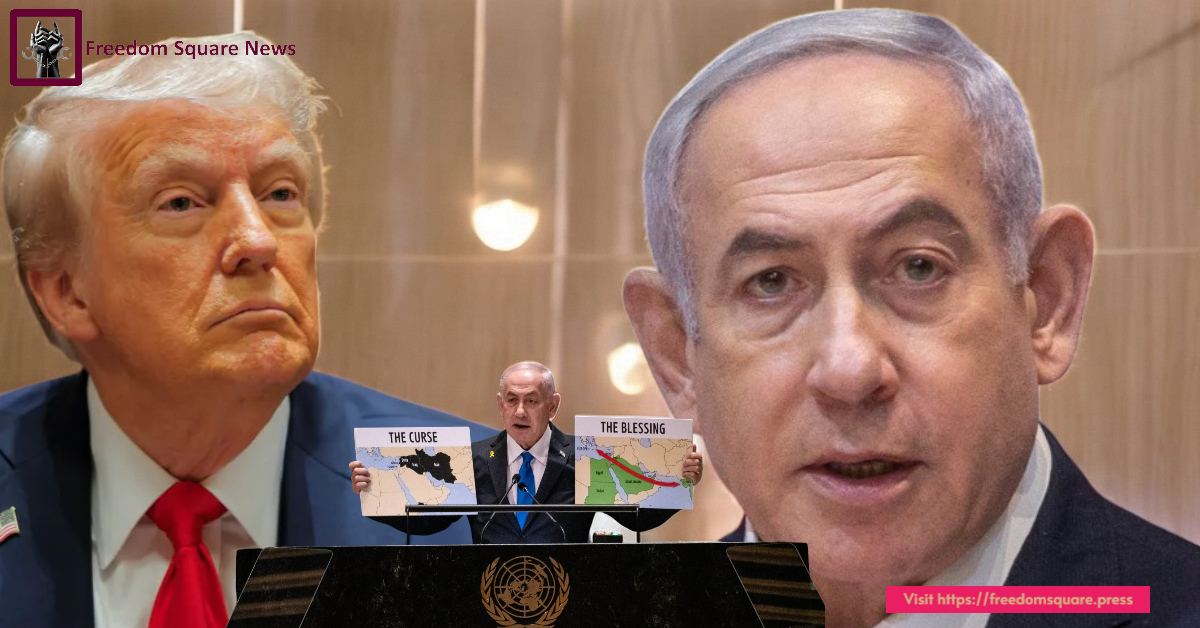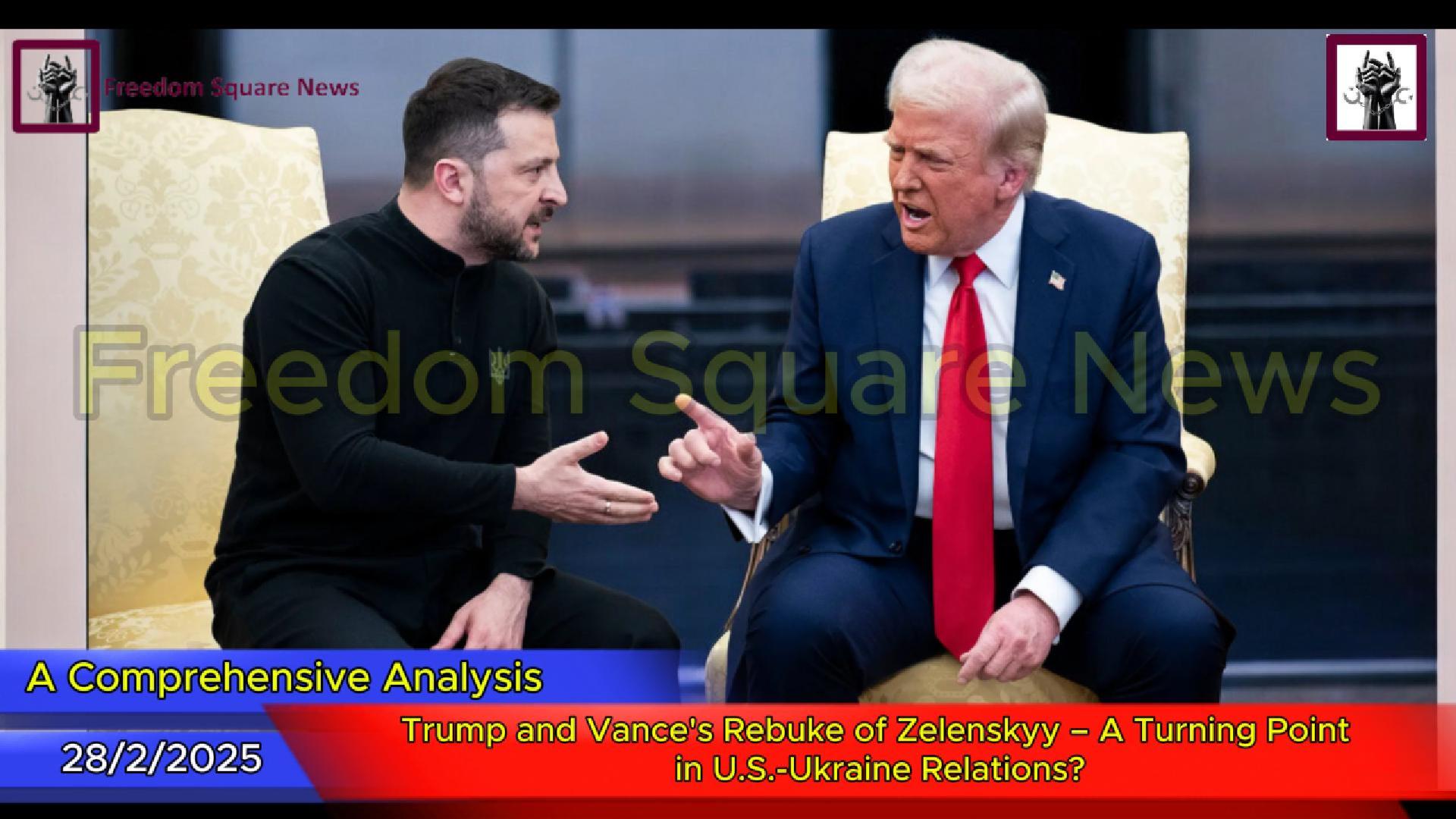In the dynamic landscape of African politics, a notable and somewhat enigmatic phenomenon persists – the enduring tenures of certain leaders. The remarkable longevity of these leaders, while intriguing, raises profound questions about the state of democracy on the continent.
At present, Africa is home to 11 leaders who have collectively governed their nations for an astonishing 347 years. What’s particularly striking is that these leaders have held the reins of power under the banner of democracy, making their lengthy tenures a subject of both admiration and apprehension.
Let’s take a closer look at these leaders and their remarkable durations in office:
- Paul Kagame of Rwanda (23 years)
- Paul Biya of Cameroon (42 years)
- Teodoro Mbasogo of Equatorial Guinea (43 years)
- Dennis Nguesso of Congo (38 years)
- Isaias Afwerki of Eritrea (30 years)
- Yoweri Museveni of Uganda (37 years)
- Alhassan Outtara of Ivory Coast (13 years)
- Gnassingbe Eyadema of Togo (38 years)
- His son, Faure Eyadema of Togo (18 years)
- Omar Bongo of Gabon (42 years)
- His son, Ali Bongo of Gabon (14 years)
These statistics, brought to light by Femi Fani-Kayode via his Twitter handle, @realFFK, underscore an intriguing facet of African governance. While these leaders have managed to maintain a veneer of democracy within their nations, their extensive tenures provoke vital questions regarding the essence of governance in Africa.
To some, these extended rule periods signify political stability and continuity, providing leaders with ample time to implement their policies and visions. However, this stability often comes at the cost of democratic principles, such as the free and fair conduct of elections and the peaceful transfer of power.
Critics argue that prolonged rule fosters a concentration of power, diminishes political accountability, and leaves scant room for opposition voices. It’s a delicate balancing act between stability and democracy that numerous African nations grapple with.
As the world observes these leaders and their protracted tenures, the discourse on democracy in Africa remains intricate and ever-evolving. The aspiration for many is that African nations will continue to refine their democratic systems, ensuring that the people’s voices are heard and that governance genuinely mirrors the will of the populace.
Yet, the influence of extended tenures is not uniform across the continent. In the context of Francophone Africa, in particular, prolonged leadership has engendered a complex web of consequences, including coups and political turbulence. This interplay between extended rule and coups adds an additional layer of complexity to Africa’s democratic narrative.
In Francophone Africa, leaders who prolong their tenures often encounter a slew of challenges:
- Erosion of Democratic Values: Extended rule can corrode democratic values as leaders become deeply entrenched in power. Elections may be manipulated, opposition voices stifled, and civil liberties curtailed.
- Economic Ramifications: Prolonged leadership can lead to economic stagnation and inequality. The consolidation of power can result in the mismanagement of resources and limited opportunities for economic growth.
- Political Turmoil: The suppression of opposition and civil society frequently begets political instability. Citizen discontent can spill over into protests and, in some instances, military interventions.
- Coup Culture: In certain Francophone African nations, a culture of coups has emerged as a response to enduring leadership. Military interventions are seen as a means to break the cycle of prolonged tenures.
Recent history attests to the prevalence of coups and political upheaval in several Francophone African countries, including Mali, Burkina Faso, Chad, Niger and now, Gabon. These coups often stem from frustration with leaders who cling to power for extended durations.
It’s important to acknowledge that not all African nations with extended leadership experience coups. Many countries have adeptly navigated the complexities of leadership transitions and democratic consolidation. Nevertheless, in Francophone Africa, the correlation between prolonged rule and coups poses a significant challenge.
As the continent grapples with the intricate dynamics of democracy and leadership, striking a balance between stability and democratic principles remains a pressing concern. The hope is that lessons drawn from both successful transitions and coup-driven interventions can illuminate the path for future governance in Francophone Africa and across the continent.
In essence, the longevity of African leaders and its implications for democracy constitute a multifaceted issue deserving sustained scrutiny and thoughtful consideration. As African nations endeavor to construct resilient democratic systems that serve the interests of their citizens, these questions persist on the continent’s political horizon.




